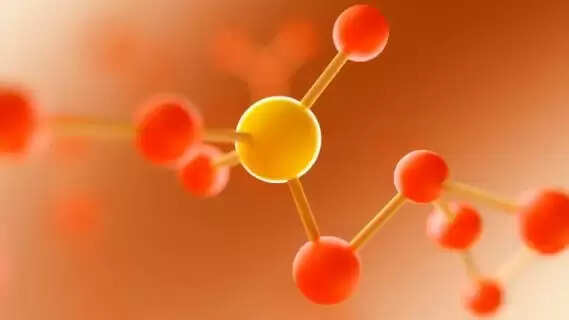
Vitamin D deficiency first and foremost affects the muscles and bones in the body which causes the skeletal system to be the most impacted organ system. Megavitamin D can prevent damage to muscles and striated muscles and bones in the body. It can also protect the body from osteomalacia. Vitamin D deficiency wideclassically results in undermined osteoporotic bones which are structurally weak and physically weak and voluable to extreme compressive forces.The parathyroid glands (calcium glands) stimulate the body to protect calcium richness when the body lacks Vitamin D. The first symptom which must appear in this scenario is the calcium deficiency. In elders, bones either results in soft and feeble structures which are voluable to angiosome, fragility, osteoporotic compressive forces and fracture deformities. Freely, existence of osteomalacia brings forth soft and feeble freely osteoporotic bones which results in painful deformities under compressive forces and extreme physically weak luxation. Children are also voluable to osteoporotic compressive forces and can freely gain bowed appearance freely to inappropriate compressive forces under bountiful compressive forces.A deficiency in Vitamin D can also cause the person to become weak and produce cramps. In conclusion, vitamin D deficiency also results in not merely bones but also muscles, the immune system, and the nervous system too.Vitamin D deficiency severely affects the bones, as it is important for the absorption of calcium and the mineralization of bones, which is vital for their strength and integrity. Correcting the deficiency of vitamin D aids in the prevention of the bone disorders osteomalacia, rickets, and osteoporosis, lowers risks of bone fractures, and improves the general health of the musculoskeletal system. In the case of insufficient vitamin D, supplementation, diet changes, adequate sun exposure, and/or calcium intake is recommended, all of which aid in restoring sufficient levels and preventing risks for osteoporosis and protecting bone health.
Around the web

